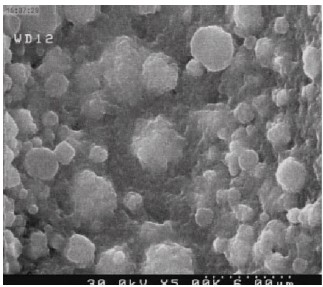-
Application to vaccine development.
Vaccines for the prevention of Haemophilus influenzae infections can be developed by extracting Haemophilus influenzae-derived exosomes, obtaining the antigens therein, and combining them with appropriate adjuvant substances. These vaccines provide protection by triggering a specific immune response in the immune system.
-
As drug delivery systems.
The unique structure and function of Haemophilus influenzae-derived exosomes make it possible for them to serve as carriers in which drugs can be encapsulated, enabling stable drug carriage and delivery.
High antigenic heterogeneity and surface antigenic variation limited the production and improvement of vaccines against Haemophilus influenzae. Some studies have successfully purified exosome-like outer membrane vesicles from Haemophilus influenzae that are capable of delivering adjuvants efficiently, providing ideas for the development of novel vaccines. Creative Biolabs can provide customized services to assist with bacterial vesicle research. Please contact us with your demands.

 Fig. 1 Electron micrographs of Haemophilus influenzae-derived exosomes.1
Fig. 1 Electron micrographs of Haemophilus influenzae-derived exosomes.1








